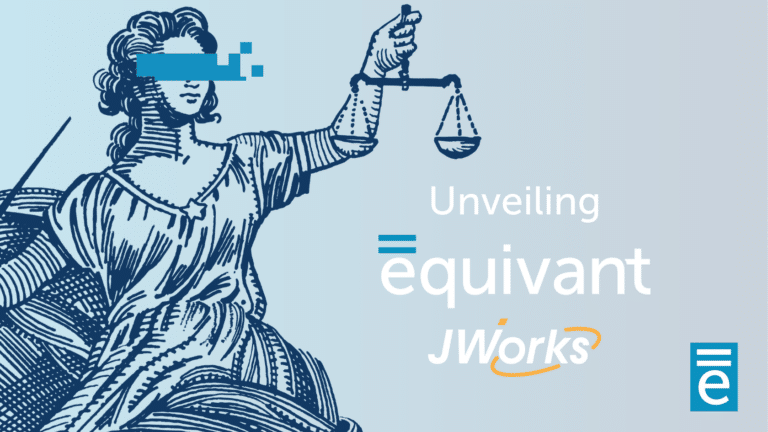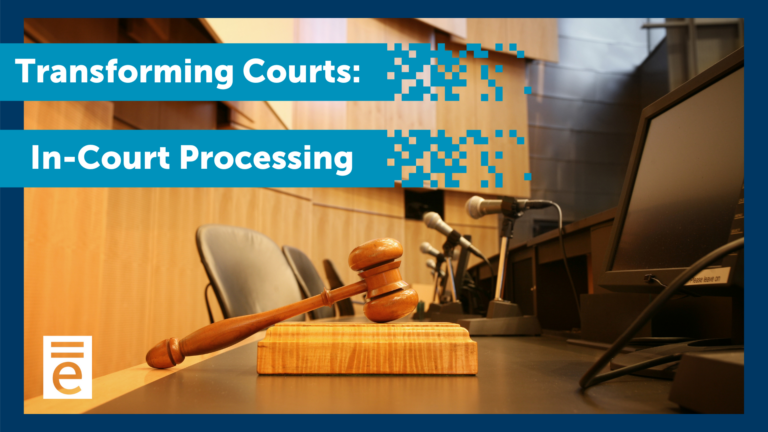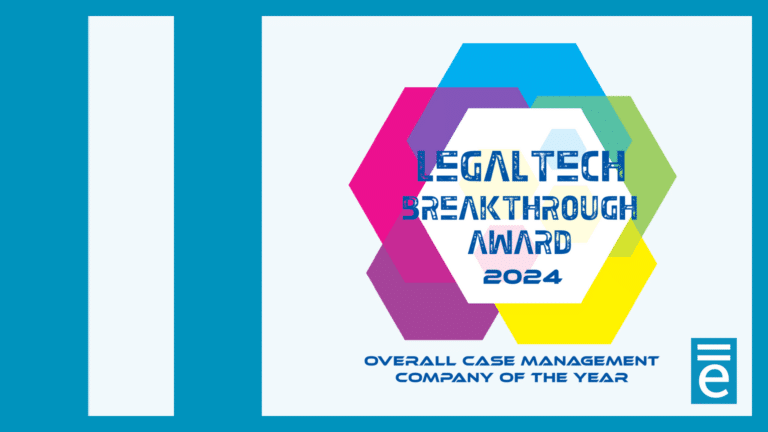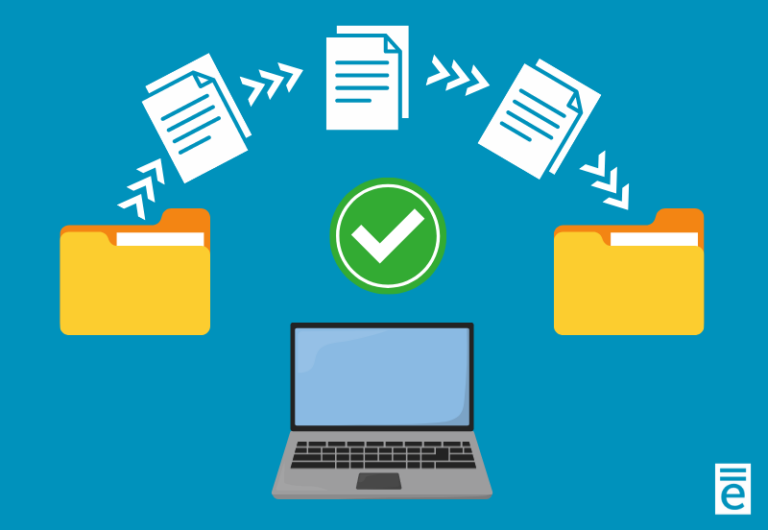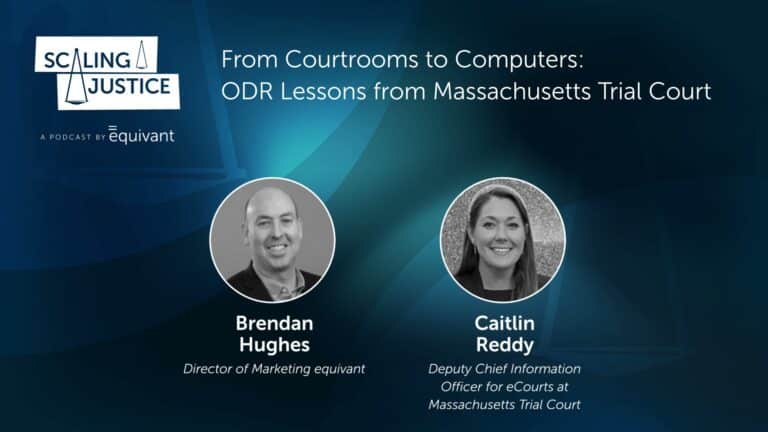
From Courtrooms to Computers: ODR Lessons from Massachusetts Trial Court Video Podcast
In this episode of “Scaling Justice,” we explore the transformative world of Online Dispute Resolution (ODR) with insights from the Massachusetts Trial Courts. Discover how technology is revolutionizing the legal landscape by making justice more accessible and efficient. Our expert guest, Caitlin Reddy, shares her experience and lessons learned from implementing ODR. She highlights the challenges and successes of moving from traditional courtrooms to digital platforms. Join us as we explore the future of justice and the innovative solutions that are breaking down barriers and taking us from courtrooms to computers.
